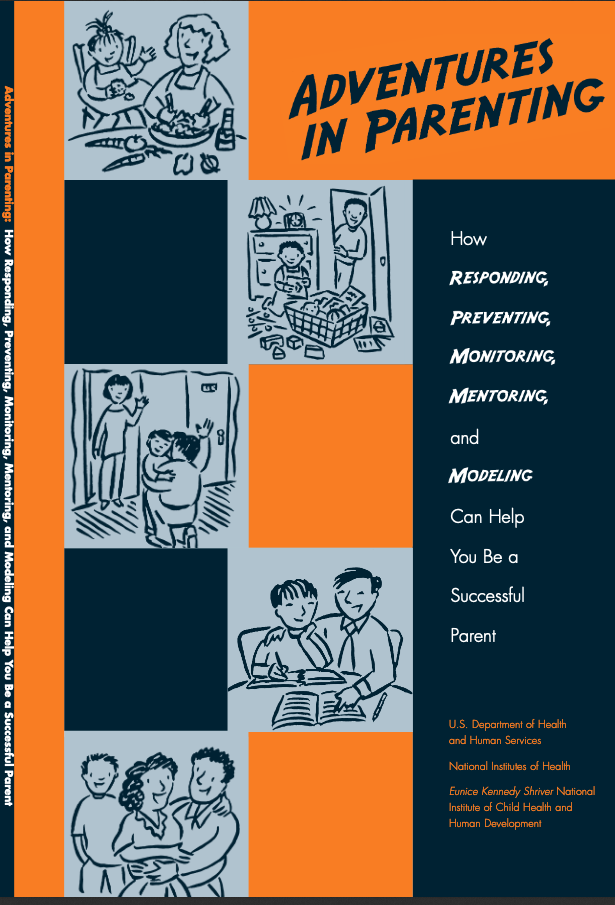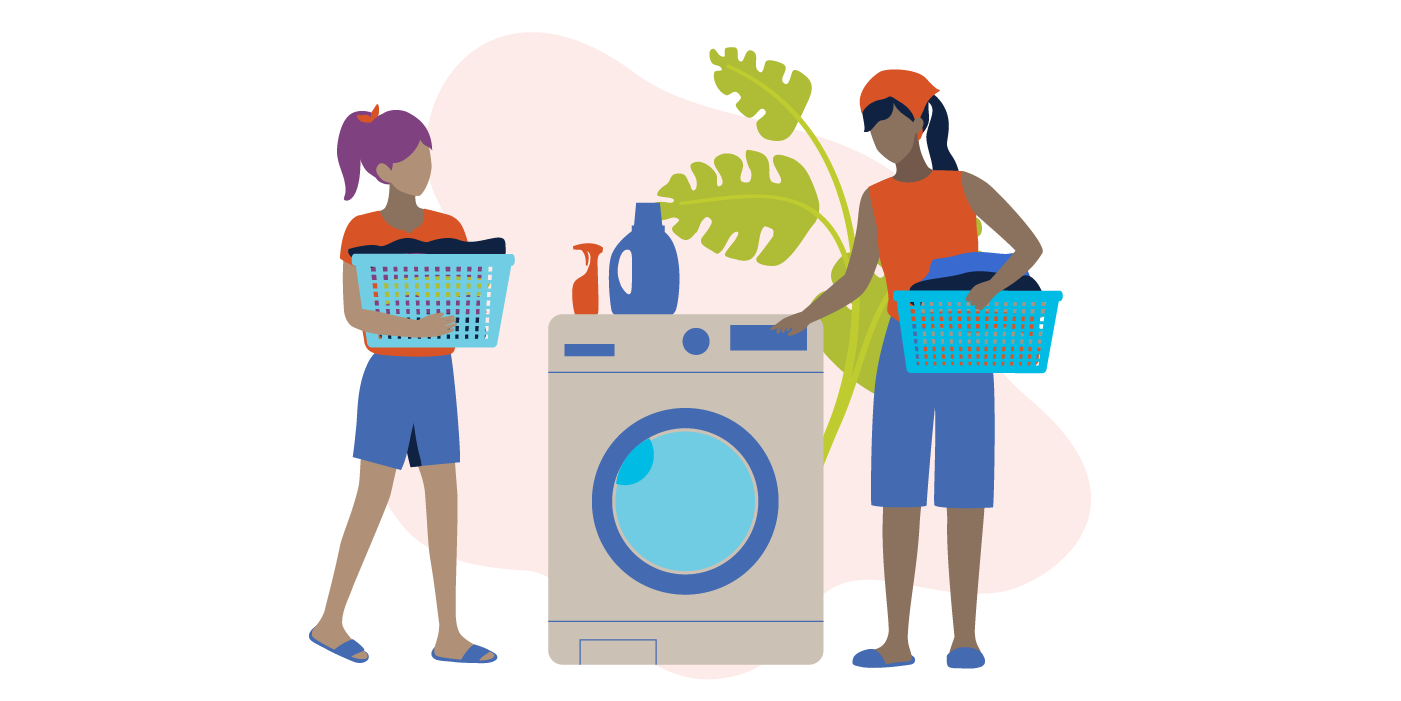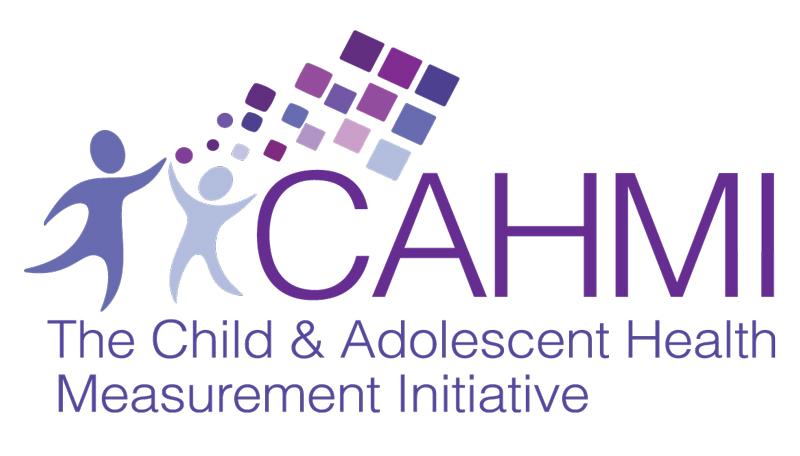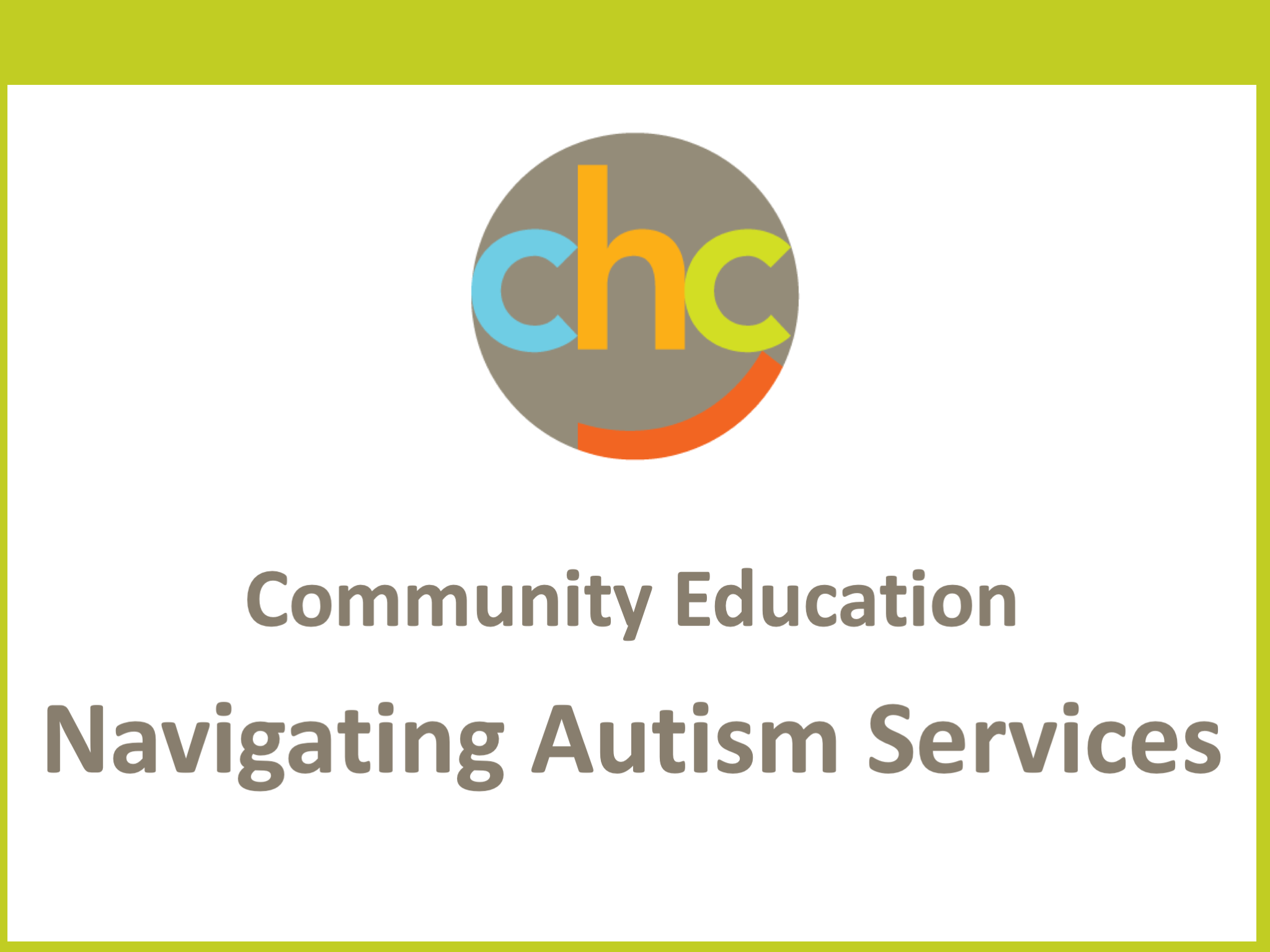 Adventures in Parenting, a downloadable booklet produced by the Eunice Kennedy Shriver National Institute of Child Health and Human Development (NICHD), addresses certain struggles and trials of parenting and highlights some of its many rewards. The information is based on decades of research on parenting, as well as the experiences of actual parents and experts in parenting.
Adventures in Parenting, a downloadable booklet produced by the Eunice Kennedy Shriver National Institute of Child Health and Human Development (NICHD), addresses certain struggles and trials of parenting and highlights some of its many rewards. The information is based on decades of research on parenting, as well as the experiences of actual parents and experts in parenting.
The booklet is designed for parents of every background, from first-time parents to grandparents, so that any one who interacts with children can benefit from this valuable information.
Have you heard the latest advice about parenting?
Of course you have. From experts to other parents, people are always ready to give you parenting advice. Parenting tips, parents’ survival guides, dos, don’ts, shoulds, and shouldn’ts — new ones come out every day.
But with so much information available, how can anyone figure out what really works? How do you know whose advice to follow? Isn’t parenting just common sense anyway? How can the experts know what it’s like to be a parent in a real house?
What’s a parent to do?
Try RPM3—a no-frills approach to parenting from the Eunice Kennedy Shriver National Institute of Child Health and Human Development (NICHD).
The RPM3 guidelines aren’t meant to be just another parenting “how to,” telling you what to do. Instead, RPM3 separates the useful information from the not-so-useful so that you can make your own decisions about parenting. RPM3 does more than tell stories about what people think about parenting, it incorporates 30 years of NICHD research to tell you what really works.
RPM3 stands for:
- Responding to your child in an appropriate manner.
- Preventing risky behavior or problems before they arise.
- Monitoring your child’s contact with his or her surrounding world.
- Mentoring your child to support and encourage desired behaviors.
- Modeling your own behavior to provide a consistent, positive example for your child.
The first section of this booklet explains each item in RPM3, responding, preventing, monitoring, mentoring, and modeling, in more detail. These lessons describe how RPM3 can help you make daily decisions about parenting. The remaining sections of the booklet give examples of how some parents have used the lessons of RPM3 with their own children.
Once you have learned about each RPM3 guideline, go to the section that describes your child’s age to see how some parents use these guidelines in their everyday parenting. Think about steps you can take to use these guidelines and ideas in your own day-to-day parenting.
Source: Eunice Kennedy Shriver National Institute of Child Health and Human Development | Adventures in Parenting, https://www.nichd.nih.gov/sites/default/files/publications/pubs/documents/adventures_in_parenting_rev.pdf | public domain
Do you need someone to talk to? CHC can help. We invite you to call or email our Care Coordinators at 650.688.3625 or careteam@testing.chconline.org to set up a free 30-minute consultation.





